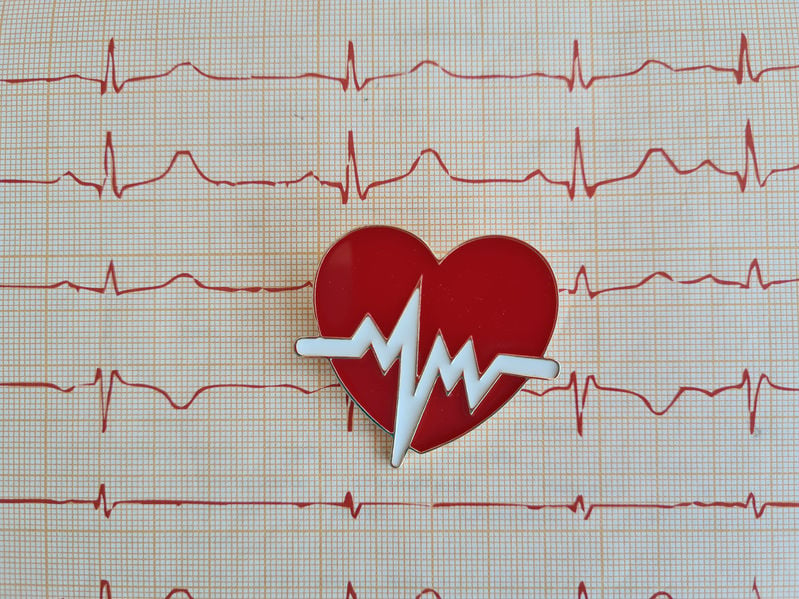Treating Mental Health At A BHU
Sometimes called a psychiatric unit, a behavioral health unit (BHU) is an area of the hospital designed to help people with a mental health emergency. Healthcare providers in the BHU help with various issues, including post-traumatic stress disorder (PTSD), major depression, obsessive-compulsive disorder (OCD), bipolar disorder, and panic attacks. The inpatient unit is designed to provide a safe place for individuals with serious mental health problems to be stabilized and receive treatment.

Defining an emergency
Most people have experienced at least one episode of anxiety or depression. Slight fluctuations in mood are expected as a response to the stressors of everyday life. However, there are times when more serious help is needed. A manic episode, severe depression, self-harm, and psychosis are all reasons to consider checking into a BHU as soon as possible. Suicidal ideation or intent is another red flag that should prompt immediate care.
Involuntary commitment
Sometimes, a concerned family member, friend, police officer, or doctor can request involuntary commitment. This means the patient is admitted to a BHU against personal will. Involuntary commitment typically happens when serious mental illness prohibits proper personal care, or a person is considered a danger.
Admit, stabilize, and treat
The first step after a mental health emergency is identified is finding a BHU with openings. This can be challenging since many units are often at capacity. However, people with serious concerns and those at risk of bodily harm are usually prioritized. Upon admission to the hospital, the patient will be taken to a room for an assessment by a doctor. Once the exact problem is identified, different tools, such as counseling and medication, can help stabilize the individual. A long-term treatment plan should also be set up to prevent relapse upon discharge.
Time to check out?
The length of time a person stays in a BHU can vary widely depending on the mental health condition, the severity of symptoms, and the treatment plan. Some people only need to stay a few days, while others require more long-term care of weeks or months. Once stabilized, the healthcare provider should be able to give the patient an expected length of stay.
Mentally healthy again
Although being admitted to a psychiatric unit can feel overwhelming, for many people with serious mental health problems, a BHU is the best place to be. Since the treatment is inpatient, a team of experts is available around the clock to offer assessment, care, and treatment. The goal of any BHU is for patients to feel better and be discharged home in a good mental state. Whether the concern is PTSD, psychosis, or self-harm, people with serious mental health concerns should reach out for help right away.



